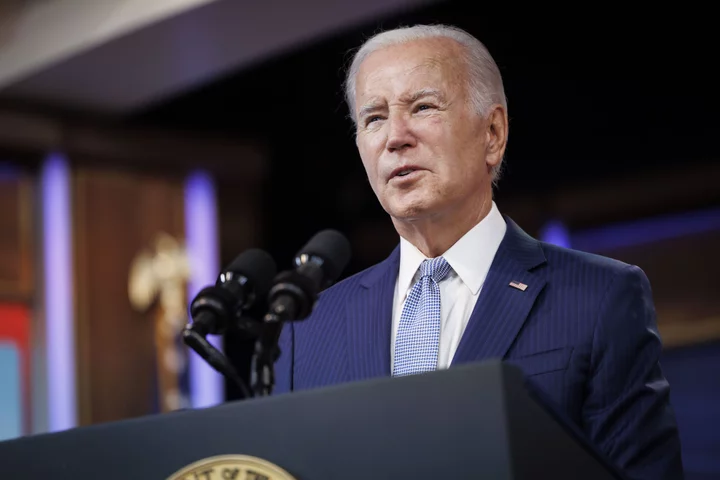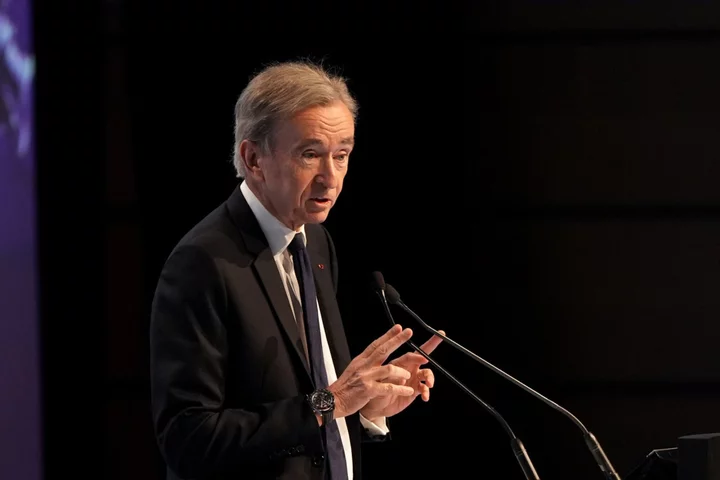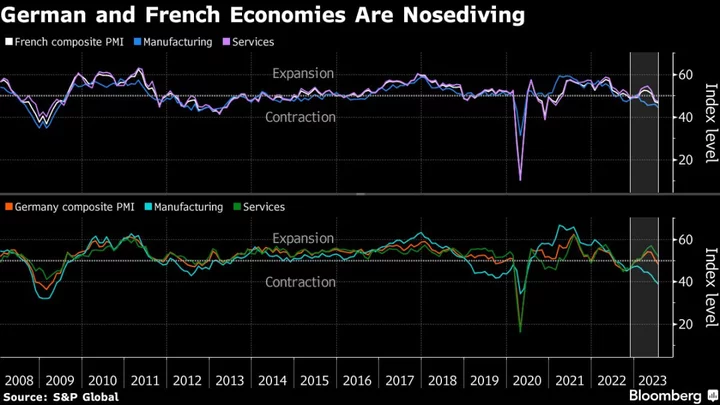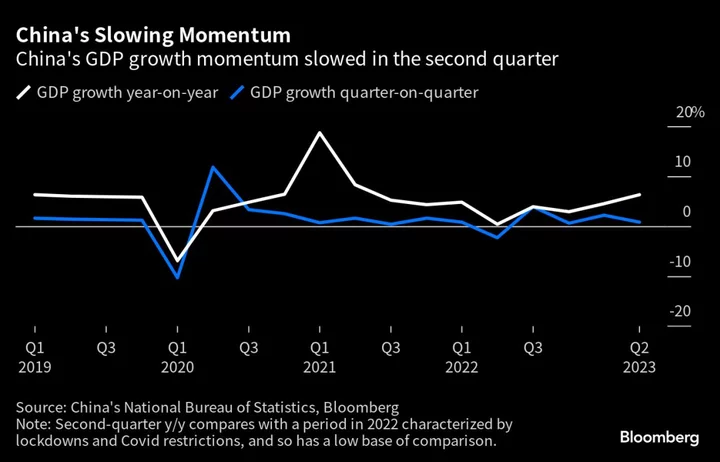President Joe Biden is planning to sign an executive order to limit critical US technology investments in China by mid-August, according to people familiar with the internal deliberations.
The order focuses on semiconductors, artificial intelligence and quantum computing. It won’t affect any existing investments and will only prohibit certain transactions. Other deals will have to be disclosed to the government.
The timing for the order, slated for the second week of August, has slipped many times before, and there is no guarantee it won’t be delayed again. But internal discussions have already shifted from the substance of the measures to rolling out the order and accompanying rule, said the people familiar who spoke on condition of anonymity.
The restrictions won’t take effect until next year, and their scope will be laid out in a rulemaking process, involving a comment period so stakeholders can weigh in on the final version.
A spokeswoman for the National Security Council declined to comment.
Read more: US Plans Narrow China Tech Investment Limits, Likely by 2024
The investment controls are part of a broader White House effort to limit China’s capabilities to develop the next-generation technologies expected to dominate national and economic security. The effort has complicated the Biden administration’s already fraught relations with China, which sees the restrictions as an effort to contain and isolate the country.
China’s envoy in Washington said earlier this month that Beijing would retaliate if the US imposes new limits on technology or capital flows but didn’t detail what actions the country could take.
Treasury Secretary Janet Yellen has sought to calm Chinese anger over the curbs, saying they wouldn’t significantly damage the ability to attract US investment and were narrowly tailored.
“These would not be broad controls that would affect US investment broadly in China, or in my opinion, have a fundamental impact on affecting the investment climate for China,” Yellen said in an interview with Bloomberg Television earlier in July.
Yellen emphasized the restrictions as well as existing export controls were not in retaliation for any specific actions from China or intended to curtail the country’s growth.
During her visit to China earlier this month, Yellen reiterated that stance in a meeting in Beijing with Chinese Vice Premier He Lifeng.
Earlier: Yellen Says US Investment Curbs Won’t ‘Fundamentally’ Hurt China
National Security Adviser Jake Sullivan first publicly discussed the concept in July 2021. China hawks in the US are eager for tougher and faster action. Lawmakers from both parties have also shown interest in legislating on the matte,r although a bill has not yet made it to Biden’s desk.
The Senate this week passed an amendment to the national defense policy bill that would require firms to notify the government about certain investments in China and other countries of concern, although they wouldn’t be subject to review or possible prohibition.
(Updated with additional details, background from ninth paragraph)









